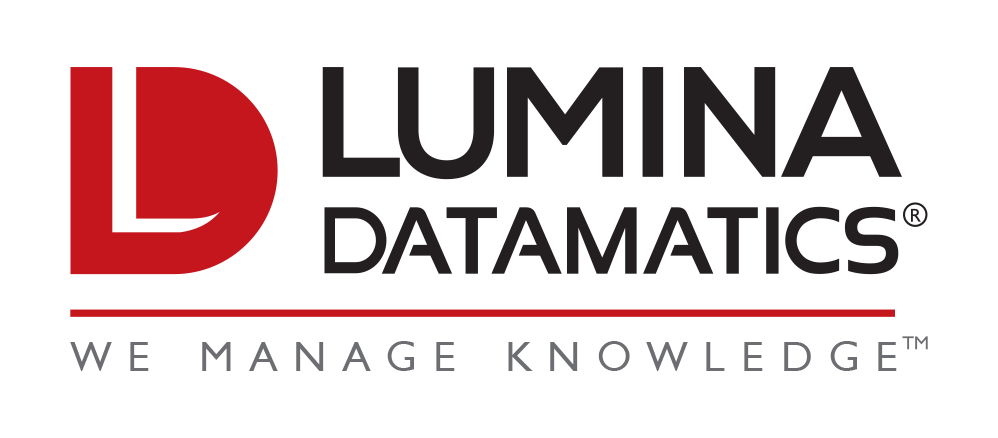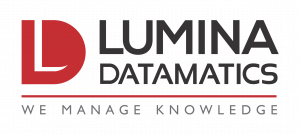But where should you start?
Online copyright licensing has been a growing area for years. What once was often a long and tedious process of corresponding with copyright owners through paper mail and games of phone tag has been massively streamlined thanks to the internet and automation of copyright licensing online. Websites such as Lumina’s own RightsPlatform Marketplace make it easy and efficient to acquire an immediate copyright license that grants you the legal rights you need to use third-party content in your own work – whether it be a publication, online presentation, or even marketing materials.
But while online automation helps streamline the process, there are still key terms and pieces of information any requestor should know before filling out an online permission request form. When requesting permission online, a requestor should expect to need to know and provide the following information.
What is the content you want to license and what is its original source?
While knowing what content you want to use is easy enough, knowing the true copyright owner and original source of the content can be a lot more difficult. Often people find images they’d like to use online through Google searches, which rarely directs you to the true original copyright owner of the content. There are helpful sites such as TinEye that can help with reverse research for images, but ultimately, if you don’t know where an image or piece of content came from, you will need to research it and find out before you can be sure you are securing the copyright license you need. “I found this image on Google so I thought it was ok to use” will never be a valid claim in a court of law in a copyright infringement lawsuit. For this reason, beginning your image search with a reputable photo licensing website is a simpler and safer approach.
How do you intend to reuse the material?
This is another seemingly obvious piece of information, but one that online copyright requestors often aren’t sure how to answer fully. When requesting permission online to reuse copyrighted material, you will always be asked to specify how you intend to use the third-party content. Key elements of this use are:
- Is it a commercial reuse? Basically this means – “Will the content be used to generate any profit?” Often academics or professionals looking to include a copyrighted image to go alongside an article they wrote that will appear in a published journal think they are not a commercial use because they are not the one profiting from the publication of the material (the publisher is, in most cases). But if anyone stands to profit from the reuse of the material, you cannot consider the usage non-profit or academic in nature. In most online forms, “academic use” refers strictly to in-class or internal intranet use of materials at a non-profit academic institution. For-profit schools need to acquire commercial licenses.
- Is the content being modified or adapted in any way? Copyright owners hold the exclusive right to make derivative works based on their protected work. If a requested reuse of third-party material involves modifying the content in any way that will likely need to be explained and approved by the copyright holder. Certain copyright licenses, particularly a few select Creative Commons license types, may allow for modifications or adaptations without additional licensing, but it is critical to review the license terms and verify the requirements in each instance.
- Where will the material be posted and/or published? This is another important question that online requestors don’t always immediately know the answer to, but it is critical that they find out before finalizing their request. When requesting permission to use copyrighted content you will need to know where it is going to appear – and this means everywhere that it could appear. For example, if you are a marketer giving a presentation in front of a group of 100, and your slide reel uses copyrighted content, you need to think beyond the presentation rights themselves and ask yourself:
-
-
- Will I provide printed copies of this material?
- Will my company be publishing this presentation online when I am done?
- Will this presentation be done again at another time in front of another audience?
-
All of these uses need to be specified to be legally covered in your copyright license.
Knowing the answers to all of the above before submitting your permission request online will save you a lot of time and effort. If you don’t know the answer to any of these key elements of your usage request, you will need to find out from the people who do (i.e., the people responsible for publishing or presenting the final product).
What are the required terms?
Once you have filled out the online permission request form answering the questions presented to you, most likely you will be presented with an online copyright license offer or be redirected to finalize with the copyright owner directly. In both cases (whether it is an immediate online response or delayed waiting for copyright holder feedback), you will be provided with the terms being granted to you to review before accepting and finalizing the license. The agreement should include the following information:
- Rights granted: The license will outline the acceptable terms of use of the material. Ensure the terms cover all of your required needs, including who can reuse the content, how they can reuse it, in what media they can reuse it (print only, online only, etc.), how many end users can there be (print run) and how long can the material be made available (term limit). Be sure to read through the terms and note any restrictions that may be listed in the agreement and ensure you can meet those before moving forward.
- Cost of the use: The rightsholder will inform you of the cost to use the material (one-time fee, recurring, or free-of-charge) and what methods of payment can be used.
- Attribution requirements: It is important to note if the contract has requirements for proper crediting of the original source in your final product, or any other attribution requirements and ensure that you can meet those before you release your final product.
While the thought of obtaining a copyright license for reuse online can seem daunting, once you have the key facts about your planned usage it is typically a straightforward and secure process, allowing you the ability to expand your content curation capabilities.
Interested in learning more about licensing strategy, or how the Lumina team can help your company? We want to hear from you! Email Lumina to talk to our team of experts, or visit our website to learn more about rights management solutions available through Lumina Datamatics.





0 Comments